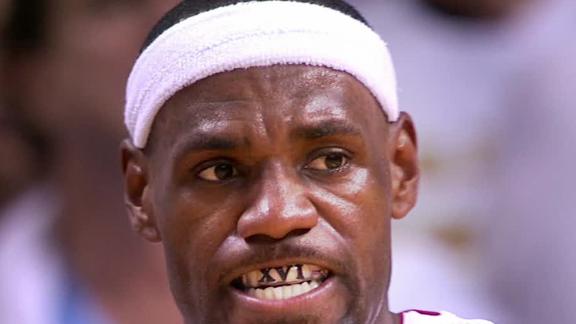
Mouth guards, also called mouth protectors, help cushion a blow to the face, minimizing the risk of broken teeth and injuries to your lips, tongue, face or jaw. They typically cover the upper teeth and are a great way to protect the soft tissues of your tongue, lips and cheek lining. Knowing how to prevent injuries like these is especially important if you participate in organized sports or other recreational activities.
Studies show that athletes are 60 times more likely to suffer harm to the teeth if they’re not wearing a mouth guard. While collision and contact sports, such as boxing, are higher-risk sports for the mouth, you can experience a dental injury in non-contact activities too, such as gymnastics and skating. According to the ADA, an American Association of Orthodontists survey found that 84 percent of children do not wear mouth guards while playing organized sports because they are not required to wear them. Although other protective materials, such as goggles, helmets, shoulder pads or shin guards are required in order to participate, mouth guards sometimes are not. But not only do mouth guards save teeth; they help protect the jaw as well.
The National Youth Sports Foundation for the Prevention of Athletic Injuries, Inc. reports several interesting statistics. Dental injuries are the most common type or orofacial injury sustained during participation in sports. Victims of total tooth avulsions who do not have teeth properly preserved or replanted may face lifetime dental costs of $10,000 - $15,000 per tooth, hours in the dentist's chair, and the possible development of other dental problems such as periodontal disease.

There are three types of mouth guards:
Custom-fitted. These are made by Dr. Krieger for your child personally. They are more expensive than the other versions, but because they are customized, usually offer the best fit.
Stock. These are inexpensive and come pre-formed, ready to wear. Unfortunately, they often don’t fit very well. They can be bulky and can make breathing and talking difficult.
Boil and bite. These mouth protectors can be bought at many sporting goods stores and drugstores and may offer a better fit than stock mouth protectors. They are first softened in water (boiled), then inserted and allowed to adapt to the shape of your mouth. These are ideal for children who are exchanging baby teeth with permanent teeth who may need several different mouth guards for proper fit throughout the season.
A properly fitted mouth guard may be especially important for people who wear braces . A blow to the face could damage the brackets or other fixed orthodontic appliances. A mouth guard also provides a barrier between the braces and your cheek or lips, limiting the risk of soft tissue injuries.
Taking Care of Your Mouth Guard:
A mouth guard must be taken care of and cleaned properly like any other appliance that is utilized to help your teeth. It should also be replaced once it becomes worn out because it will no longer offer optimal protection.
Here are some tips on how to keep your mouth guard clean and in good condition:
